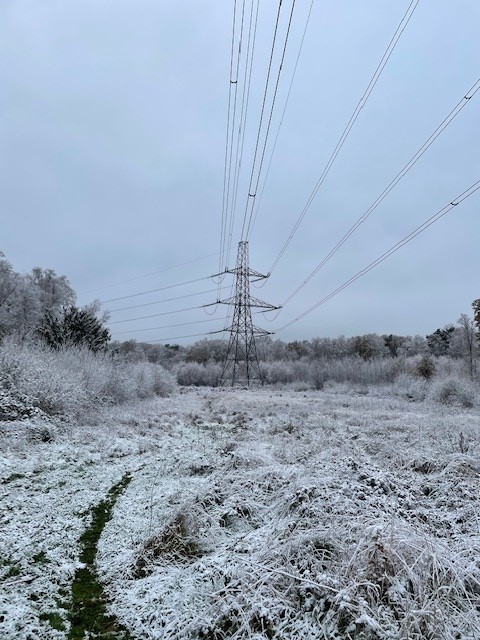The UN-convened Net-Zero Asset Owner Alliance, with over $11tr in assets under management, has released a significant update to its Target Setting Protocol, ratcheting up scope and coverage for its 84 members in its third edition of the document and explicitly asking its members to consider Just Transition impacts, ensuring the benefits of the low carbon transition are widely and fairly shared, to their decarbonisation targets.
Investment portfolio emissions typically represent the vast majority of an asset owner’s emissions. The latest Protocol expands its methodology and clarifies its expectations to members, ensuring they set short-term decarbonisation targets that put them on a pathway to reaching net-zero greenhouse gas (GHG) emissions in their investment portfolios by 2050.
Günther Thallinger, board member Allianz SE and Alliance said: “The Alliance continues to enhance depth and coverage with each edition of the Target Setting Protocol, aiming to build a coherent, consistent trajectory aligned to the demands of latest climate science. We show that working towards net zero is possible. It is a matter to decide to do so.”
The latest Protocol formulates the methodology for direct private equity investments for the first time and requires members to commence setting targets in 2023 and cover all new private equity assets by 2025. The Target Setting Protocol also includes guidance on carbon accounting for sovereign debt, which is a significant asset class for many asset owners. The Alliance has joined forces with PCAF (Partnership for Carbon Accounting Financials) and ASCOR (Assessing Sovereign Climate-related Opportunities and Risks) to develop the accounting and assessment standards respectively. Once finalised, the methodologies developed will offer investors a tool for a common understanding of sovereign exposure and climate alignment.
Alliance members will also be asked to phase in target-setting on new commercial real estate loans using the Carbon Risk Real Estate Monitor (CRREM) 1.5C national pathways or the IPCC’s no or limited overshoot 1.5C global range.
In 2024, the members will also report the share of the portfolio that is covered by the disclosure target on new investments.
Latest News
-
Investment firm hands £650,000 to charities supporting young people
-
East Midlands Railway links with charity to improve travel for autistic people
-
Hotel chain to support carers' mental health
-
Sainsbury’s and charity think tank link up to better understand food insecurity
-
Access Group raises £1.55m for nine charities across the world in a year
-
PureGym raises over £100,000 for heart health charities
© 2019 Perspective Publishing Privacy & Cookies









Recent Stories